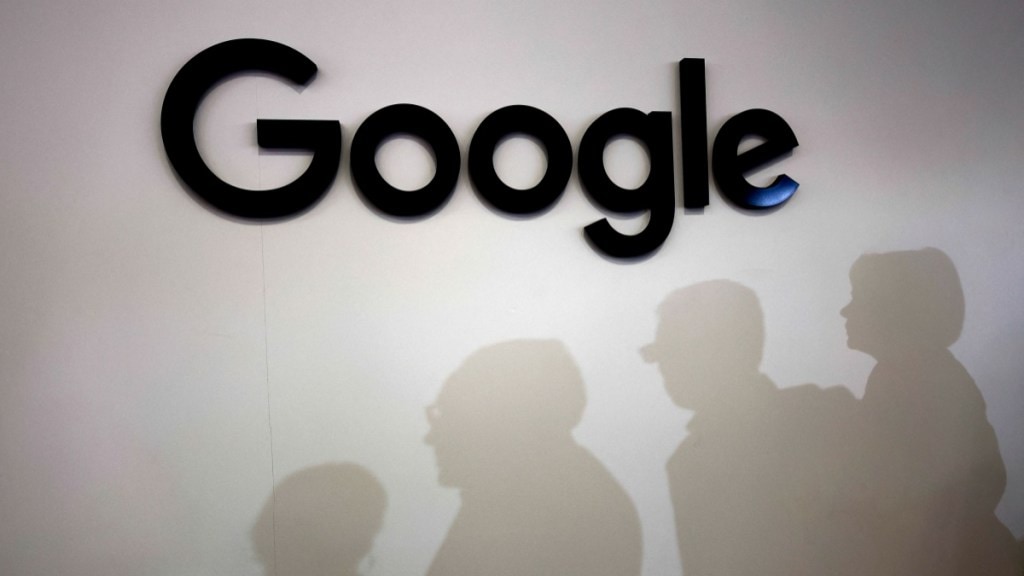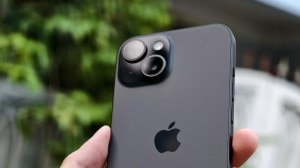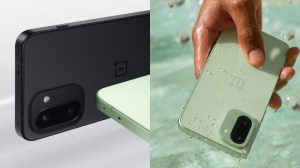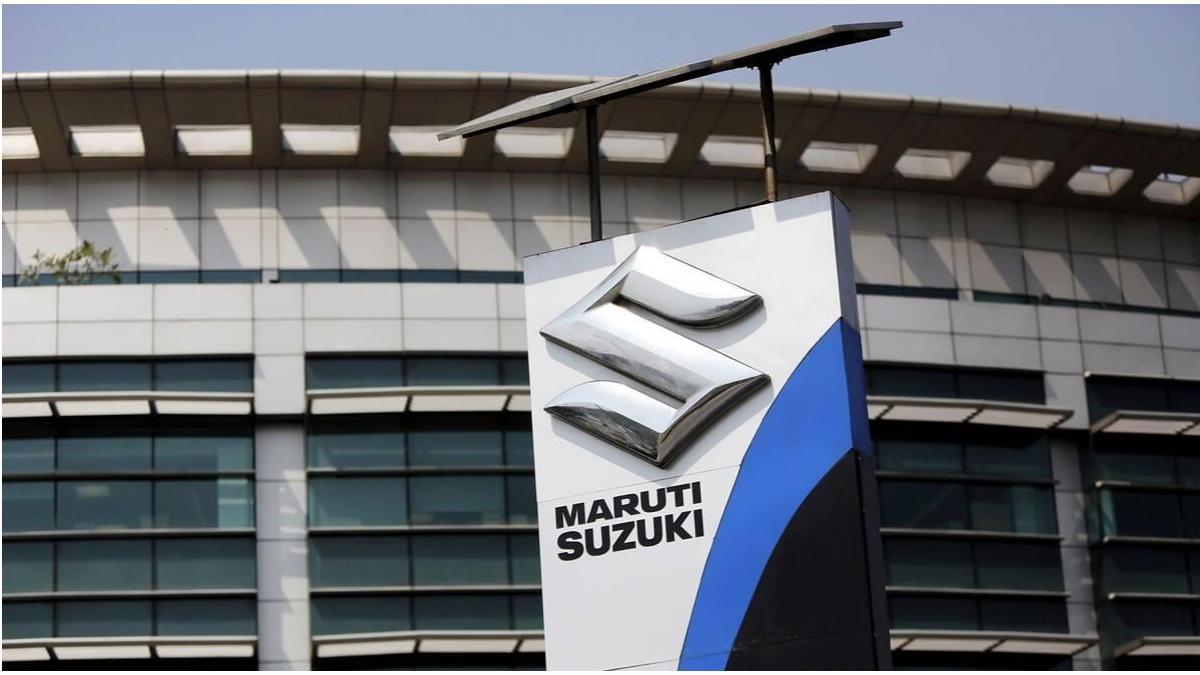After months of turbulence for Google’s mixed reality devices, Mark Lucovsky, head of operating systems and software platforms for augmented and mixed reality devices, has departed the company. He announced his departure through a tweet on Monday.
Also Read: Google planned to launch AI powered chatbot for Gen Z users, report says
Lucovsky expressed in his tweet that the recent changes in AR leadership and the company’s unstable commitment and vision are the reasons behind his decision.
It continues to remain unclear what leadership changes Mark Lucovsky is referring to in his tweet. However, reports suggest that it is possible that Lucovsky is referring to Clay Bavor’s departure in March of this year, who has led Google’s XR work since 2015.
When it tested Google Glass with developers in 2013, Google was one of the forerunners of mass-market augmented reality, but lately, things haven’t been smooth. Glass was killed off by the corporation, revived as an enterprise-only product, and then killed off once more. Project Iris, a rumoured new augmented reality product being developed by the internet giant, is said to have been abandoned this year amid a wave of company layoffs.
Glass was initially introduced in 2013 to a small audience with the intention of revolutionising computing. Users of the headset could view a modest bit of information and take pictures of their surroundings thanks to the head-up display and built-in camera that were provided.
Although it was embraced by certain computer enthusiasts, it was widely ridiculed for its nerdy design, limited functionality, and probable involvement in invading the privacy of those nearby the user. Reports suggest that the criticism was so ferocious that people who wore it were occasionally referred to as “Glasshole.”
According to a report from Insider, Google has turned its emphasis to “creating software platforms for AR that it hopes to licence to other manufacturers building headsets.” For instance, it has been developing an XR platform for an upcoming Samsung device that is based on Android. Google has further stated in its I/O conference that took place in May that it plans on announcing further details about its partnership with Samsung sometime before 2024.
Also Read: Google testing new medical AI chatbot that can answer your medical queries
Mark Lucovsky, in a follow up tweet, described his future plans. He expressed his enthusiasm as he approaches the next chapter of his life. His words indicate that he is positive and eager to explore opportunities in the field of augmented reality.
Follow FE Tech Bytes on Twitter, Instagram, LinkedIn, Facebook








